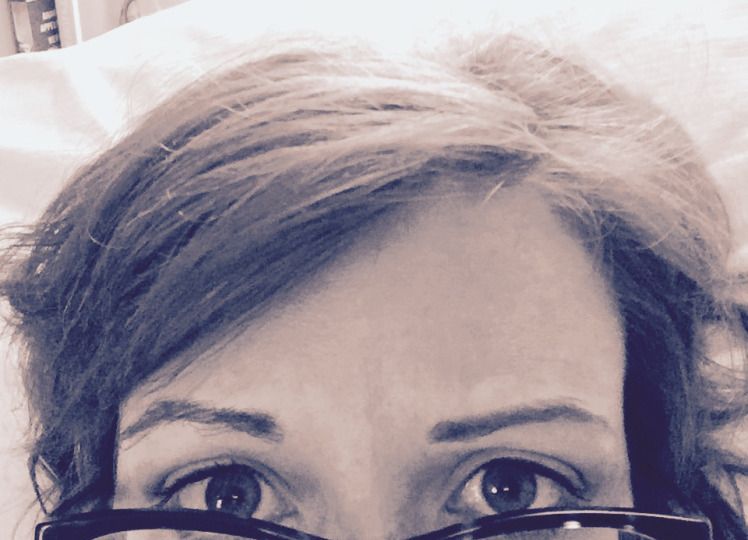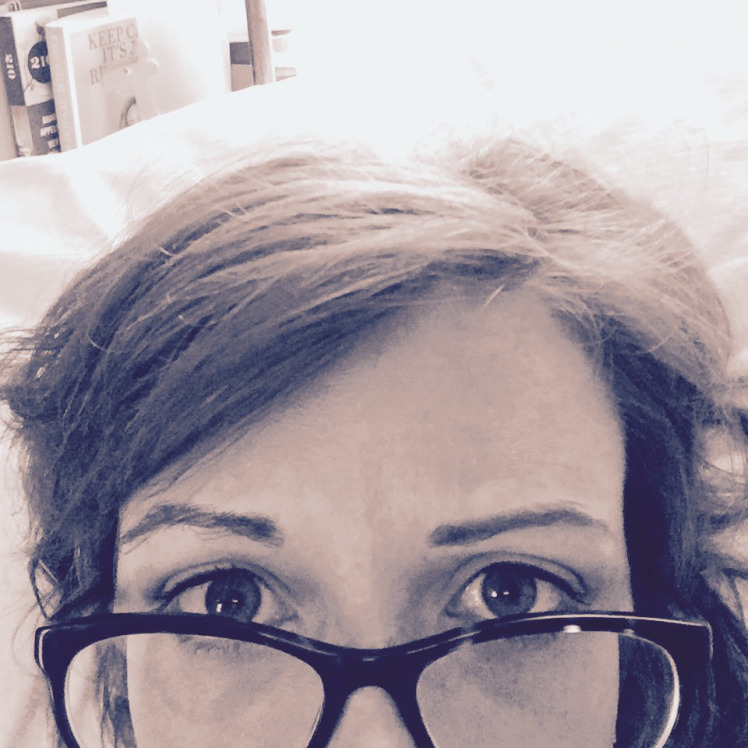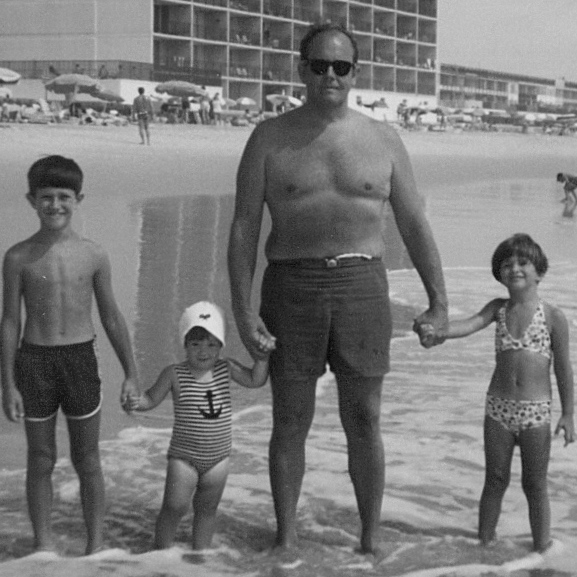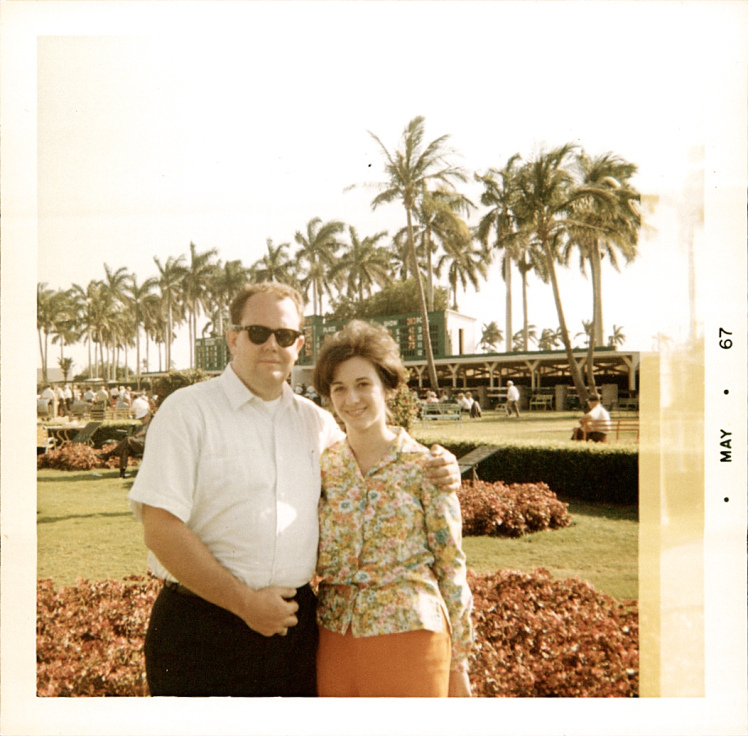
The issue with Alzheimer’s disease and mirrors has an easy design solution.
We’ve all had a fright looking in the mirror from time-to-time, and it’s usually because we didn’t know there was spinach between those front teeth during a date, or that ‘perfect hair day’ was not so perfect after all.
But a reflection in mirrors can be upsetting to someone with Alzheimer’s in a completely different way.
Step back and ponder a fundamental part of Alzheimer’s: memory loss.
The person in that mirror isn’t the person your loved one thinks he or she is. The face in that mirror could look like a long lost relative who died long ago, or even more upsetting, a burglar or stranger in their home.
What can you do about the mirrors?
Mirrors and Alzheimer’s can be a tough combination. Sure you can attempt to tell your loved one that the face they see is theirs. But honestly, if your path is ‘teaching’ your loved one who is in that mirror, then you’ll be spending part of every day on that conversation.
And when you know your time together is running out, and you can understand that your loved one is scared and confused, the best reaction might be to just take down the mirrors and replace them with art or photos of them as a child or from a treasured moment in their life.
The Alzheimer’s and dementia brain enjoys going back to those memories that they’ve reflected upon the most during the healthy years of their life. If there’s a story that’s been recounted time-and-time-again, and you have a photo, I’d say display it. The memory may help start a good mood. And a smile that sometimes can be more difficult to find as the disease progresses.
How do you frame art without causing issues?
But before you frame and hang memories to help your loved one, forget about the glass in the frame. Any reflection can be upsetting to someone with Alzheimer’s. The brain is now processing information differently. So the reflection in the glass of that artwork might be the only thing your loved one is focused on. And just like a mirror, the reflection can be extremely upsetting.
Do you have mirrors, glass, or other design or safety tips to caring for a loved one with Alzheimer’s? I’d love for you to share your ideas and ask us anything in the comments section below. Or send me a note.
We’re all in this together.









